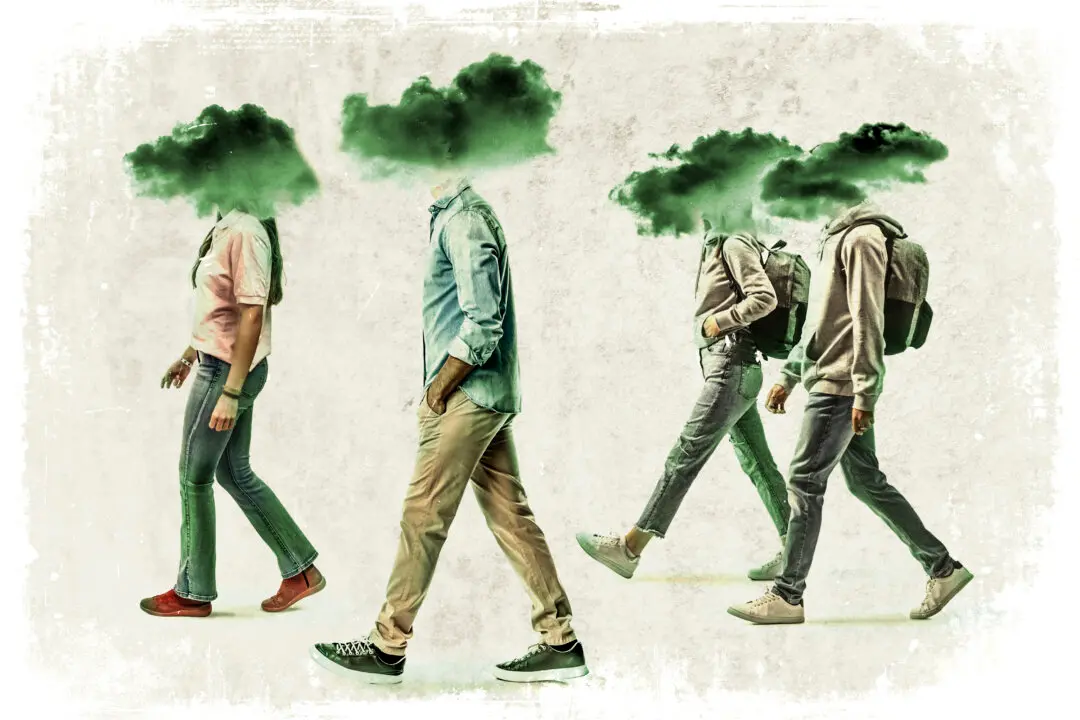Commentary
Last week, President Obama signaled he wants to pursue immigration reform. With a divided Congress, bipartisan support will be necessary. In fact, the Dream Act, which is immigration reform legislation President Obama supports, failed to get enough votes in the U.S. Senate in December—even though it was controlled by his fellow Democrats!
Bottom line: immigration reform is not going to be easy.
As the president said last Wednesday, “I can’t solve this problem by myself.”
For immigration reform to work, the first step is realizing the underlying problem. Why is it that the majority of Americans simply don’t want to embrace the undocumented (or “illegal” if you prefer) immigrants that live in the United States and are already contributing to our economy?
Even for skilled immigrants, ones who have foreign or U.S. university degrees and get temporary work visas, the United States has made it very difficult for them to become citizens. Why?
The problem is the double-edged sword of government solutions. Increasingly over the last 100 years, the U.S. government has given handouts to the needy, including people with low incomes and people needing medical care. To keep these handouts funded and functioning, the government has increased the amount and complexity of taxes and government bureaucracy.
People may debate the merits of this government-funded social safety net, but one of the downsides is that Americans feel an inflated and irrational sense of entitlement over this net and the government in general.
People are led to think, “Amnesty for taxpaying immigrants? How about amnesty for not paying my enormous taxes?”
Every breath the government breathes down Americans’ necks is a breath returned upon the government’s neck.
If there were no social welfare, Medicare, Medicaid, or Social Security, not that many Americans would care who immigrated to the United States. It would be sink or swim for them in a foreign country with no social safety net. Then, the government could give citizenship to any able-bodied man or woman who can string together an English sentence and hold a steady job.
Immigration reformers often talk about how we are a country of immigrants, but they fail to mention that the further back you go in history, the less our government intervened in people’s lives. This intervention is the real ideological enemy of immigration reformers. They should be the champions of merit, not the champions of handouts.
Certainly, I don’t expect President Obama to become a small-government conservative. The most down to earth path would be for the president to reasonably shrink government in exactly the ways outlined by a bipartisan debt commission that he himself created last year. (I note that the president did not incorporate any of the ideas from his commission into his budget this year.)
If Obama can make it clear that Americans are going to have to stand more and more on their own two feet with a weakened safety net, it will become increasingly easy to get immigration reform legislation passed.
Moreover, the Dream Act, which would give the children of undocumented immigrants citizenship for serving two years in the uniformed services or going to college for two years, has the right idea, but needs to be made tougher. Make them serve in the military for four years or provide unpaid community service totaling four years.
I believe that immigrants, with documents or without, are entitled to a fair chance to succeed in America. That is the unique role given to our country by fate. But if the government does not believe in fate and, as a result, Americans don’t believe in fate, then it doesn’t matter what is fate and what is fair, immigration reform isn’t going anywhere.
[email protected]




